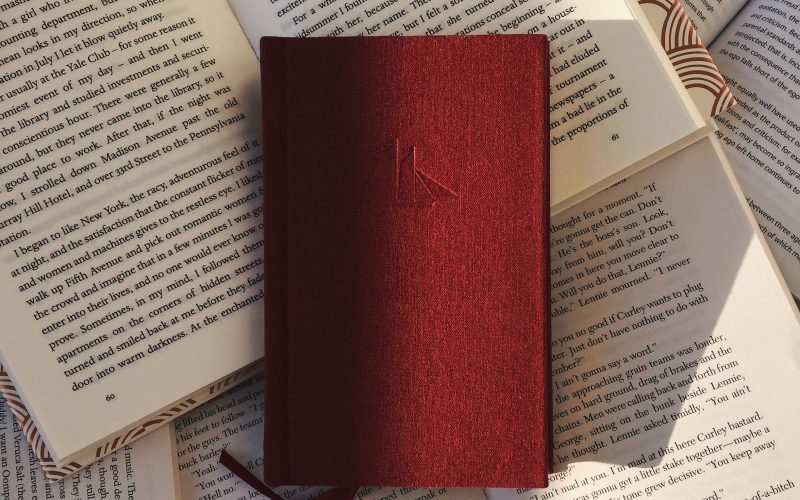Introduction
Literary columns have been a staple of newspapers and magazines for centuries. They provide readers with insights into the latest books, authors, and literary trends. However, these columns are not always free from controversy. In fact, they have been the source of many scandals over the years. In this article, we will explore the world of literary columns and the controversies that have arisen from them.
The Role of Literary Columns
Literary columns serve several purposes. They provide readers with information about new books and authors, as well as critical analysis of literary works. They also serve as a platform for literary criticism and discussion. Literary columns can be found in newspapers, magazines, and online publications.
The Controversies
One of the most common controversies surrounding literary columns is the issue of bias. Critics have accused literary columnists of favoring certain authors or genres over others. This can be due to personal preferences or relationships with authors. In some cases, literary columnists have been accused of accepting gifts or other incentives from authors in exchange for positive reviews.
Another controversy is the issue of plagiarism. Literary columnists have been accused of plagiarizing the work of other critics or even the authors themselves. This can be a serious offense, as it undermines the integrity of the literary community.
In recent years, social media has become a breeding ground for controversy surrounding literary columns. Critics and authors alike have taken to Twitter and other platforms to voice their opinions on reviews and criticism. This has led to heated debates and even personal attacks.
The Impact of Controversy
Controversy surrounding literary columns can have a significant impact on the literary community. It can damage the reputation of literary columnists and publications, as well as the authors they review. It can also discourage readers from engaging with literary criticism and discussion.
However, controversy can also have a positive impact. It can spark important conversations about bias, plagiarism, and the role of literary criticism in society. It can also lead to greater transparency and accountability in the literary community.
Conclusion
Literary columns are an important part of the literary world. They provide readers with valuable insights into the latest books and authors, as well as critical analysis of literary works. However, they are not immune to controversy. Issues of bias, plagiarism, and social media have all contributed to scandals in the world of literary columns. While controversy can have a negative impact, it can also lead to important conversations and greater accountability.












